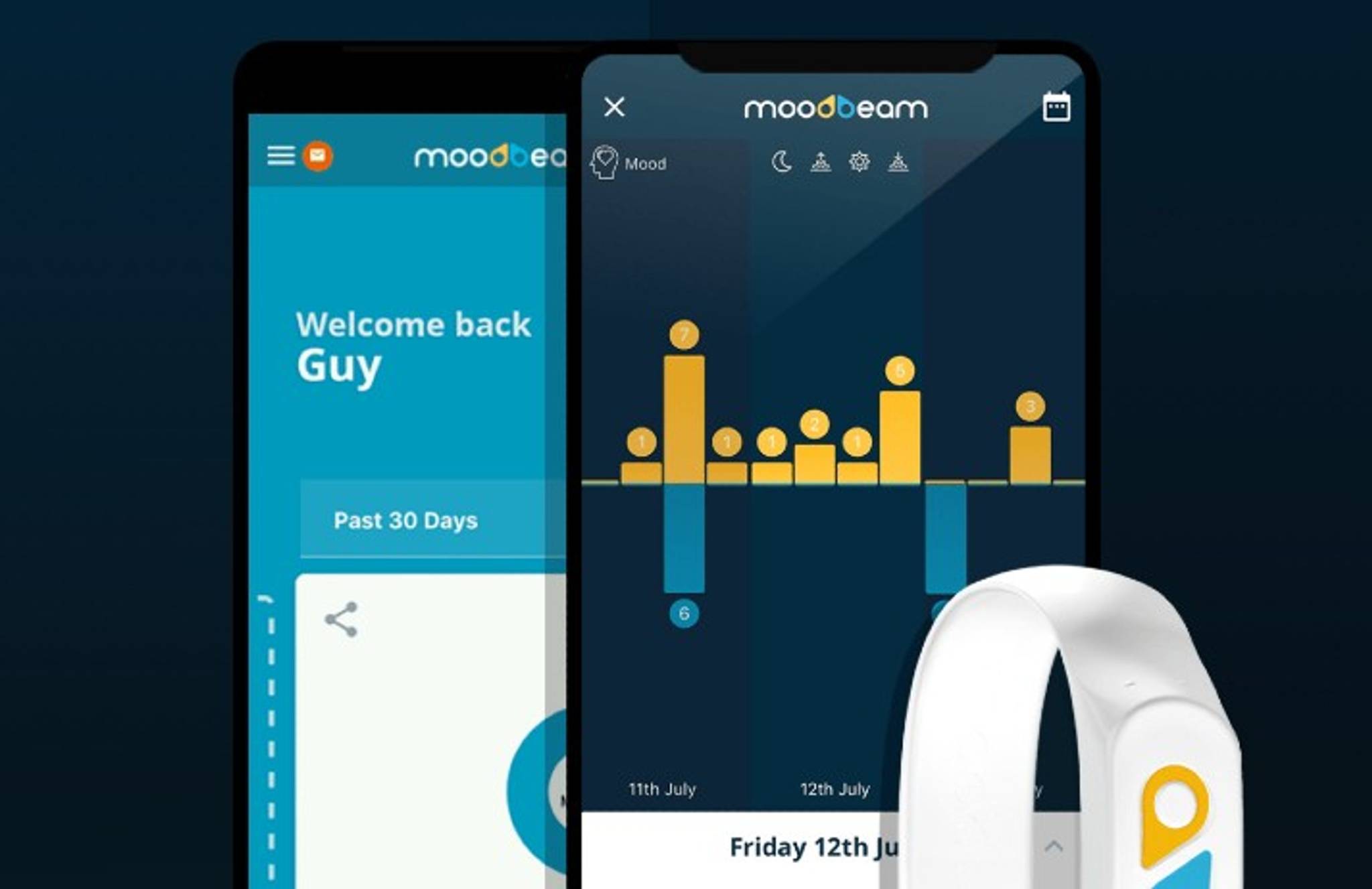
With people across the globe adjusting to work-from-home lifestyles for the foreseeable future, many have unconsciously adopted more sedentary behaviours. A new study has found that less active lifestyles can lead to a decline in cognitive abilities, like memory, attention, and critical thinking.
A UK-based study published in the Journal of Epidemiology and Community Health has found that skipping out on exercise can worsen brain function. Researchers discovered a 1% decline in cognitive abilities in those who skipped exercise for sitting, versus those who did some kind of light activity.
Work-from-home schedules have eliminated a lot of commuting and lunchtime activities that created a baseline level of movement. And as 60% of the UK's adult population worked from home during the first coronavirus lockdown, with 84% of UK workers planning to carry out a mix of working at home and in the office in the future, remote workers are looking for more ways to stay active.
As the link between wellbeing and productivity is a growing concern due to hybrid work eroding a lot of work-life boundaries, there's an increased interest in the connection between physical and mental health that aligns with new work patterns. Brands are responding to this shift with Headspace teaming up with Gympass, the world’s largest employee well-being platform, to expand its meditation and wellness offering in order to better support employees' mental health and wellbeing.



